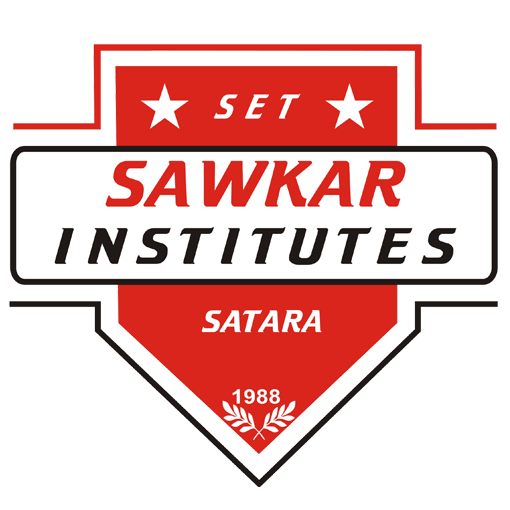Autonomy Curriculum Development Process
At Samarth Educational Trust Arvind Gavali College of Engineering (AGCE), Satara, the curriculum development process is systematic, stakeholder-driven, and aligned with NEP 2020 guidelines and Outcome-Based Education (OBE) principles. The process ensures academic relevance, industry alignment, and holistic student development.
Initial Program Structure
The process begins with a brainstorming meeting at the departmental level where faculty members, guided by NEP 2020 and OBE frameworks, prepare the initial draft of the program structure and courses.
The draft emphasizes Programme Outcomes (POs), Course Outcomes (COs), skill components, and employability factors.
Stakeholder Consultation
The draft structure is shared with stakeholders including:
- Academic Experts from reputed universities and institutions
- Industry Experts from local, regional, and national companies
- Alumni working in diverse professional domains
- Employers and Parents for practical feedback
Their suggestions and recommendations are systematically recorded to ensure that the curriculum reflects both academic rigor and industry needs.
Feedback Incorporation
- Stakeholder feedback is consolidated and discussed within the department.
- Necessary revisions are made to the program structure to incorporate cutting-edge technologies, industry practices, sustainability considerations, and global educational trends.
Multi-tier Approval Mechanism
The revised structure undergoes a series of academic approvals:
- Program Assessment Committee (PAC): Evaluates curriculum alignment with POs and COs.
- Department Advisory Board (DAB): Reviews relevance with respect to industry, research, and societal expectations.
- Board of Studies (BoS): Finalizes and recommends the curriculum for institutional approval.
Academic Council Approval
- After recommendation by the BoS, the curriculum is presented to the Academic Council (AC), the highest academic authority of the institution.
- The AC ensures that the curriculum is in tune with institutional vision, regulatory requirements, and global standards, and finally approves it for implementation.
Through this structured and inclusive process, AGCE ensures that every curriculum revision is future-ready, student-centric, and industry-aligned, empowering graduates with the knowledge, skills, and values needed to excel in their professional and societal roles.

